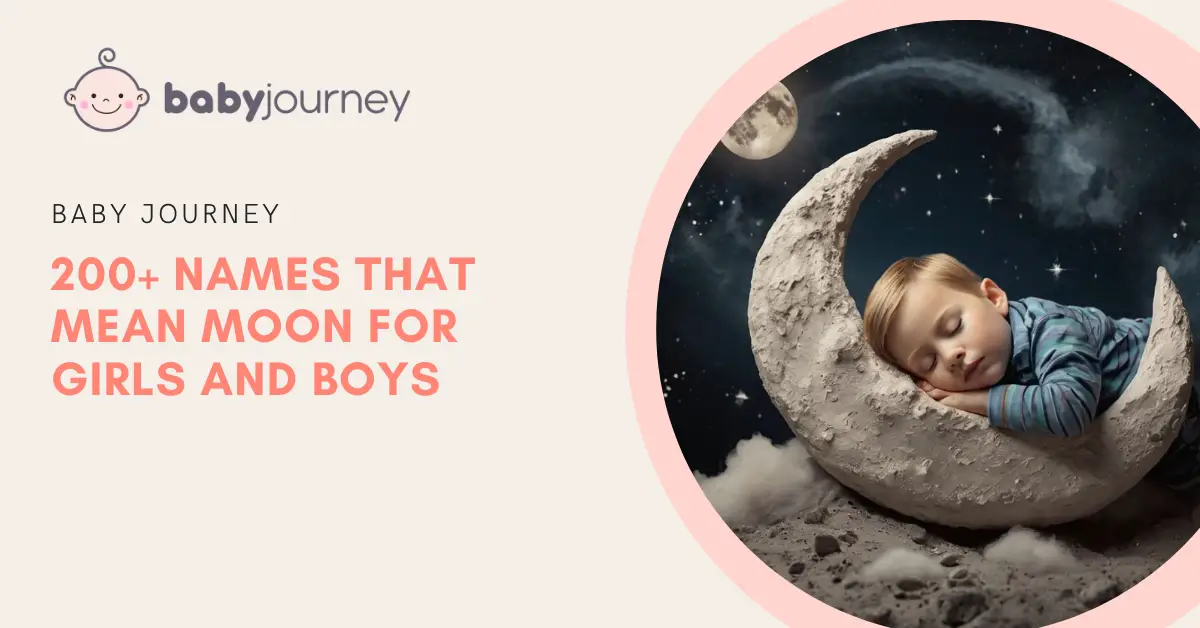
Having a newborn is life-changing. This new little one relies on you to fulfill their every need — a demanding job. Personalities become quickly apparent, and preferences are made known. First-time and seasoned parents are greeted with fresh challenges as they navigate this new person. And sometimes, parents must navigate life with a high-needs baby.
What does it mean when your baby is more demanding, intense, and draining than others? A high-needs baby requires more attention, more intuitiveness, and a lot of grace. While it may seem like no end is in sight, you will make it through with the right strategies and support.
It should be no secret — babies cry. Crying is a normal form of communication that infants rely on to make their needs known. Babies who have issues with early behaviors of crying, sleeping, and feeding will often receive the title of “a difficult” baby.1
“High-needs baby” is not a medical diagnosis, and because of this, there is limited research available. Instead, this term describes a behavior pattern that affects approximately 20% of newborns.2 Most of what we know of high-needs newborns results from parent experience and hallmark characteristics.
It is essential to identify a high-needs baby so you can have a better understanding and plan to meet your child’s needs while maintaining your sanity.

You may have a high-needs baby if their behaviors are consistently more extreme than other children. Medical experts identify 12 trademark features of a high-needs baby. They are:3
High-needs babies seemingly overreact to everything with demanding cries, loud protestations, and ravenous feedings. The baby’s feelings are evident in their everyday activities and tense body language.
2. Demanding Behavior
The intensity of a high-needs newborn’s reaction is incredibly demanding on the caregiver. They want now, not in a few minutes. You may feel as though your newborn’s behavior is controlling what you do.
Being “hyperactive” is a trait with a negative connotation. But for a baby, hyperactivity describes the muscles and mind always being ready to go and rarely willing to sit still or be calm.
A super sensitive, high-needs baby is highly aware of the environment around them. This leads to an easily startled baby who prefers the safety of their environment and is resistant to other caregivers. In addition, they react in a big way when something bothers them.
High-needs babies are described as clingy, consistently preferring the comfort of their primary caregiver. New people and new places cause anxiety for the baby. Screaming often ensues when they find themselves in another’s arms.
A high-needs baby only wants to be held and cries when they’re put down. They crave your touch and movement as their safe place. Baby-wearing may become your specialty.
Instead of using a pacifier, thumb, or other object to self-soothe, a high-needs baby prefers their caregivers to help them be calm. They need lots of help falling asleep. These babies must learn to trust that their parents will teach them to relax.
The intensity and hyperactivity of a high-needs infant carry through to the nighttime. Their restlessness is a product of their ultra-sensitive nature and ability to overreact to stimuli. Because they generally crave physical contact and have difficulty self-soothing, high-needs babies don’t transition well into dreamland when they are put down.4
Despite your best efforts, your high-needs baby never seems satisfied, content, or comfortable. As a parent, this can be incredibly frustrating and defeating.
10. Unpredictable and Inconsistent
High-needs newborns are constantly fluid in their likes and dislikes. What worked yesterday does not work today. This is the same for their emotional intensity. Frequent mood swings leave no middle ground between happy and angry.
High-needs babies often seek comfort with feeding. Breastfeeding is incredibly comforting. You may find that your baby asks to be fed frequently but only breastfeeds for a few minutes.
Because of the other characteristics, it might feel like high-needs babies require every bit of energy from you, and it never feels like enough. With all the love and energy you pour into your little one, it can feel draining.
It is important to remember that having a high-needs baby is not your fault. We do not know why some babies have more sensitive and reactive temperaments. As with the personalities of children and adults, infants also have different dispositions, with some requiring much more attention than others.
Some limited research suggests that babies with regulatory behavior problems — excessive crying and issues with sleep and feeding — are at higher risk for developing behavioral problems as they grow.2,5 Some research has shown an association between an older infant’s 12 month-behavior and attention deficit hyperactivity disorder (ADHD) in preschoolers.6
Many high-needs newborns have changes in their temperament as they age, which can be shaped by their environment, early prevention, and interventions for significant issues.5
A high-needs baby does not mean your child has autism or is on the spectrum. Subtle signs of autism can be observed before age 2. These signs generally relate to language development, play with peers and alone, eye contact, response to their name, and repetitive behaviors.7
If you are concerned about the signs of autism or your child is at a genetically higher risk for autism, do not hesitate to speak with your pediatrician.

Caring for a high-needs infant can be emotionally and physically taxing for parents and caregivers. Infant feeding and crying difficulties are associated with parental anxiety, depression, and bonding issues.1 Here are some suggestions for coping with your high-needs infant.
More than likely, your infant’s demands are temporary. As they grow and develop emotionally and physically, they will become more consistent, independent, and communicative. It is hard to recognize this when you are in the thick of it, but relief is on the way.
Set low expectations for daily tasks. Your baby’s needs will be the priority. Accept that you will have good days and bad days, days when you feel like a failure, and other days that are great successes. Forgive yourself for feelings of guilt, frustration, annoyance, and resentment.
Our perception that a baby should be independent and proficient at self-soothing is an adult desire but not the baby’s reality. They know nothing of this. The child-parent attachment is strong, and infants do not see themselves as separate from their parents.
Your high-needs baby is unpredictable and inconsistent. So, you must be flexible and fluid with your attempts to comfort and satisfy. Be willing to play a continual game of trial and error. Accept that one technique will work some days, but the next day may require something new.
You will quickly learn that your baby has a language of its own. Focus on the differences in your baby’s fussiness and cries to identify their needs. Try to find some consistency in their likes and dislikes. This will help you react appropriately to their needs sooner.
Because of your baby’s vast array of daily likes and dislikes, you must develop various strategies to fulfill their needs or help them relax. Take notes if it helps.
Recognize your role as a parent to provide comfort, ensure safety, and guide them even on the most challenging days. While you’ll have tough days, resist the urge to feel like a victim or that your child is doing anything on purpose. Despite their behavior, your baby is only doing what it knows how to do to be comforted or fed.
It is essential to discuss your concerns about your infant’s behavior and advocate for your mental health. Gaining support from your partner, family, or friends can help you get through the most challenging days. Joining a parent community, even a virtual one, will give you an outlet to share your frustrations and commonalities with others.
A high-needs baby can make parenting feel like a black hole, and relief can feel light years away. It is vital for your well-being that you develop stress-coping skills and strategies for meeting your little one’s needs.

 PARENTING TIPS
PARENTING TIPS







 PREGNANCY
PREGNANCY








 BABY CARE
BABY CARE








 TODDLERS
TODDLERS








 TEENS
TEENS








 HEALTH CARE
HEALTH CARE






 ACTIVITIES & CRAFTS
ACTIVITIES & CRAFTS








 CONTACT
CONTACT ABOUT
ABOUT

















